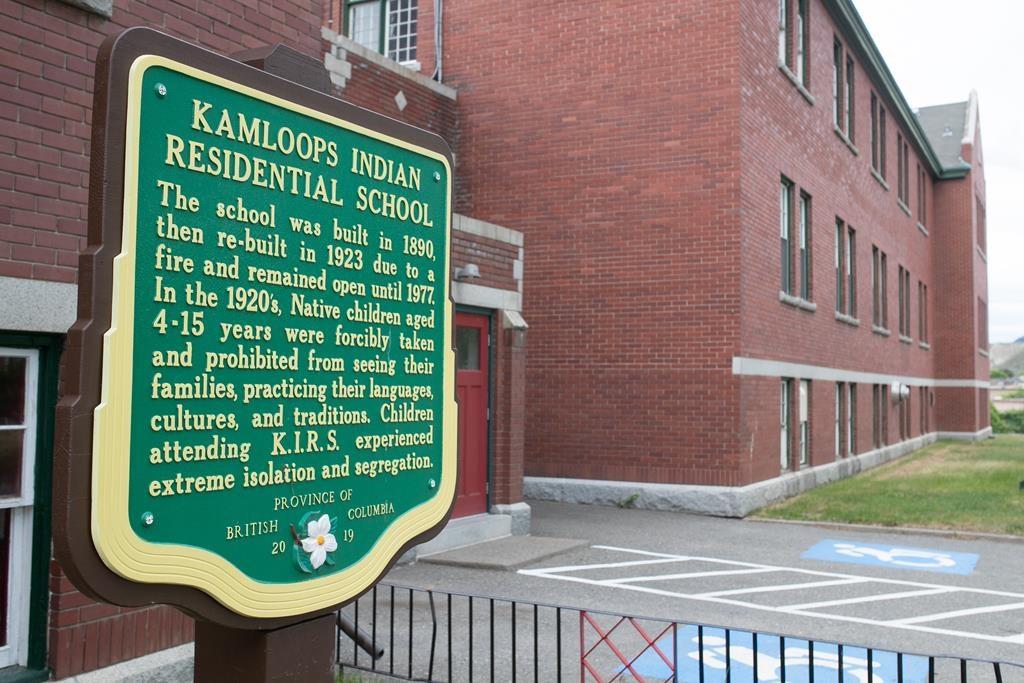Less than half of Canadians were in favour of the implementation of a separate indigenous court system, a Department of Justice survey has found.
Only 45 percent of Canadians agreed that Canada’s indigenous peoples should be able to administer their own legal systems of justice, a report on the 2023 National Justice Survey showed. As part of the proposed system, they would be able to enforce indigenous laws and bylaws on their own land.





